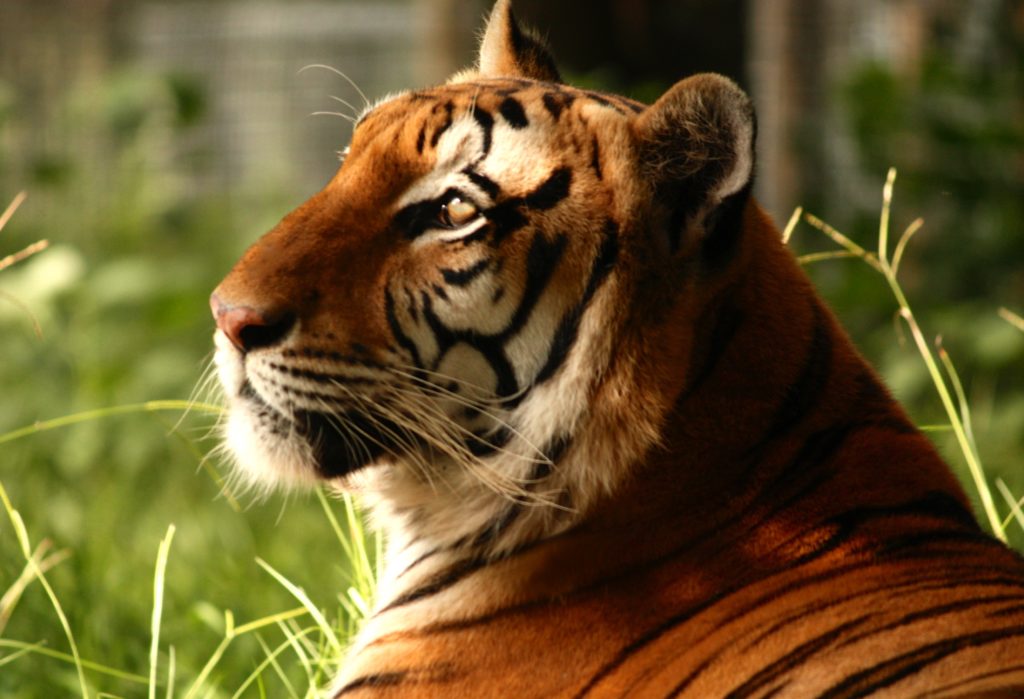Founded in 1998, Forest Animal Rescue is dedicated to helping to correct some of the issues that wild animals face, both in captivity and in conflict with humans in the wild.
Wild animals deserve our respect, and too many of them suffer at the hands of humans.
Forest Animal Rescue works to ensure that nonreleasable wild animals, raised in captivity, find the proper lifetime care with the dignity they deserve. They are rescued from situations of abuse and neglect, retired from research labs, abandoned at closed tourist attractions, confiscated by authorities, and more.
In addition to assisting nonreleasable captive wild animals in inappropriate conditions, we provide the safe release of native wildlife on our own protected land, away from human encroachment and development. We also rehabilitate and release black bear cubs for the authorities in Florida and surrounding states.
With help from private donations like yours, we help correct the issues caused by others. You can choose to make a one-time gift or schedule a monthly donation to support our ongoing work for animals.

